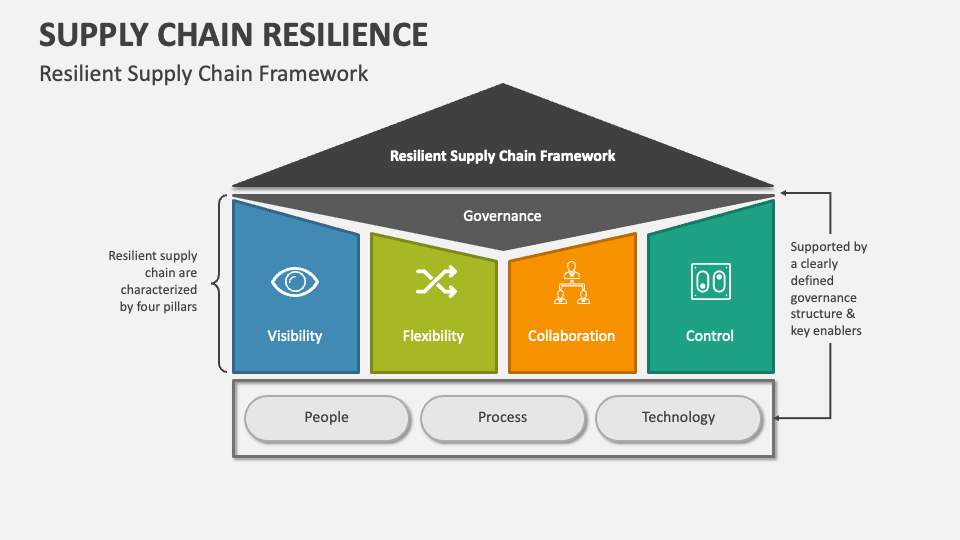The COVID-19 pandemic exposed critical weaknesses in global supply chains. From factory shutdowns to shipping delays and sudden inventory shortages, businesses worldwide struggled to maintain operations. Even as the world moves past the immediate crisis, companies face ongoing challenges such as rising logistics costs, geopolitical tensions, and increasing customer expectations.
What is Supply Chain Resilience?
Supply chain resilience is the ability to anticipate, respond, and recover from disruptions while maintaining smooth operations. Resilient supply chains are:
- Visible: Real-time tracking of inventory, shipments, and supplier performance.
- Flexible: Ability to switch suppliers, production, or transport routes quickly.
- Predictive: Using data and analytics to foresee risks and demand fluctuations.
- Collaborative: Strong coordination between suppliers, logistics partners, and internal teams.
Challenges Businesses Face Post-Pandemic
Even today, companies must navigate:
- Rising logistics and labor costs.
- Geopolitical uncertainties affecting trade routes.
- Rapidly changing customer expectations for faster delivery.
- Volatility in demand and supply.
How Oracle Drives Supply Chain Resilience
Oracle provides advanced solutions that help companies build smarter, flexible, and predictive supply chains:
1. Oracle Supply Chain Management (SCM) Cloud
- Provides real-time visibility into inventory, shipments, and supplier performance.
- Offers predictive analytics to anticipate disruptions and optimize supply planning.
- Automates procurement, manufacturing, and logistics for faster, error-free operations.
2. Oracle Fusion Cloud Planning
- Integrates financial and supply chain planning to optimize resources.
- Supports scenario planning to prepare for unexpected events.
3. AI and Machine Learning
- Identifies patterns in supply chain disruptions.
- Optimizes routes, inventory levels, and production automatically
Benefits of a Resilient Supply Chain
Companies that leverage Oracle solutions experience:
- Faster recovery from disruptions.
- Reduced inventory costs and stockouts.
- Higher customer satisfaction through on-time delivery.
- Better decision-making through predictive insights.
- A strong competitive advantage in a volatile global market
Conclusion
The pandemic taught businesses that supply chains must be resilient, flexible, and data-driven. Oracle’s comprehensive suite of cloud solutions empowers companies to anticipate risks, optimize operations, and recover quickly from disruptions. By investing in supply chain resilience today, businesses can not only survive future crises but thrive in a competitive global market.
– Gray Acumen






